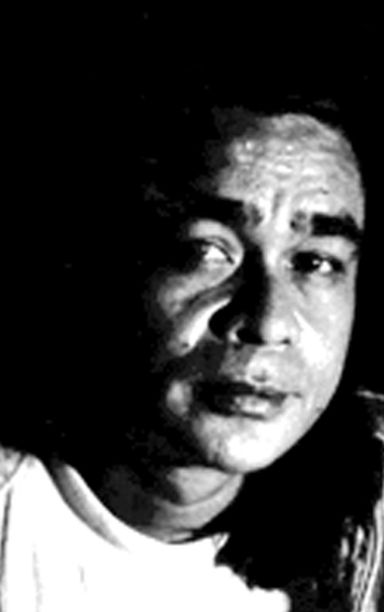Enough rope
By: Raymund Fernandez
- 7 years ago


RAYMUND FERNANDEZ
Who is the ruling class? Are we part of the ruling class? If we are reading this, we cannot be poor. Or at least not as poor as those who cannot read or cannot be reading this. The closest we can come to a certainty is with this statement: We are the ruled.
There was once upon a time a president who said we were his bosses.
And clearly, things have dramatically changed since then. But there is still a big sign etched in stone at the frieze of our very own Capitol building: “The authority of government emanates from the people.”
And that tells it all. We are after all a democratic government.
And in a democratic system, we the people are the ruling class. But whom do we really rule? And why do we feel so powerless now in the face of all our problems? If we are not the ruling class, then who is the ruling class?
The senators, the congressmen, the Cabinet, the justice secretary, the current majority of the President’s Supreme Court? Are they the ruling class? Is big business the ruling class? So why have they brought us to this?
These questions become relevant particularly because of the latest drop by 18% of the current president’s approval rating. As it was described by Newscaster Leo Lastimosa over local news, this drop was mostly with the lower classes.
Duterte’s approval rating with the upper classes have remained generally stable. Which means, the upper classes of our society find current developments still acceptable. And they still approve of the President’s performance despite the still rising number of extrajudicial killings (EJKs).
And perhaps it is not difficult to understand why. A review of the profiles of those who have fallen victim to EJKs indicate that the victims have mostly been poor. Thirteen thousand EJKs thus far and still counting, this continuing tolerance of the current regime’s partly hidden policies invite a cultural reading. Notwithstanding his campaign representation of himself as a poor man, it has been admitted that the current president had never been really poor — this revelation, thanks to a large part by the exposés of one, Senator Antonio Trillanes. T
he President comes not surprisingly from a well-to-do family from Cebu. And it is most likely he comes to us born and bred by the local haciendero culture.
And as one may expect from old-time hacienderos: It is better to keep the poor submissive and afraid.
A police state is much favored over a democratic and liberal one where the poor’s rights are defended and respected. A submissive and fearful lower class measures the country’s political stability.
Keep them disciplined and well-behaved. True with Marcos. Still true now.
How do you do that any other way that what the current government is now doing? This is only the old haciendero class, now morphed into one more urbanized, still engaged in a kind of sociopolitical experiment, which dates back to the time of Marcos.
How many poor people can you kill before the poor themselves begin to feel oppressed? How many before they feel the need to fight back?
For as long as the rich are not directly affected by the current regime, for as long as they do not lose anything from current developments, then it goes to follow, they will continue their support.
Notwithstanding, the previous president left the economy quite strong.
If the economy goes down from hereon, then things will certainly change. Just last week, there were figures to show that the number of foreign investments coming into the country were dramatically reduced.
And so, there is a strong indication the economy is doing just that: Going tank and going South. What does this immediately mean?
There will be political instability. And this political instability cannot be blamed on the poor, neither can it be blamed on the sectors of the ruling class who have mostly and thus far been “the ruled.”
They have, mostly and thus far, been terribly patient to a fault. They have mostly and thus far been giving the current regime more and more rope.
And what has the current government, the senators, the congressmen, the Cabinet, the President’s majority of the Supreme Court, been doing with this surfeit of rope? Old Chinese adage: Give a fool enough rope and he will hang himself.
Read more...
